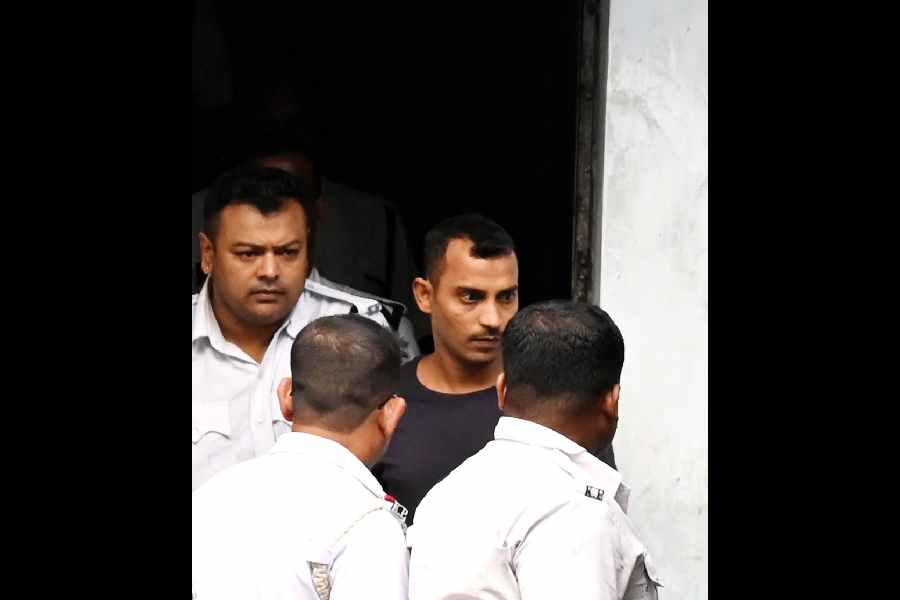The Supreme Court on Tuesday directed the Centre, states and Union Territories to take “stringent action” against those resorting to illegal adoption of children orphaned or abandoned due to Covid-19 and also asked the government to provide these children uninterrupted education either in government or private schools.
A bench of Justices L. Nageswara Rao and Aniruddha Bose passed the directions after being informed by advocate Shobha Gupta appearing for an NGO that a large number of children are being illegally adopted by various other organisations and individuals.
The court was also informed by additional solicitor-general K.M. Nataraj appearing for the National Commission for Protection of Child Rights that till date there are 3,621 orphans, 26,176 children who have lost one parent and 274 children who have been abandoned by their parent due to the pandemic. In fact the figure was inconclusive as some states had failed to furnish complete details on the issue.
The court said for the present, it is concerned with the implementation of the schemes that are in place to meet the essential needs of the affected children.
Accordingly it passed the following directions:
⚫ Special juvenile police unit in each district and city shall be constituted as provided in Section 107 of the JJ Act, 2015. That apart, DCPO (district child protection officer) should take the assistance of the district legal services authorities for coordinating the implementation of the schemes in favour of the affected children. In case of any difficulties, the DCPO should involve the government servants at the grassroots level in the task of attending to the desolate kids.
⚫ The state governments/Union Territories are directed to continue identifying the children who have become orphans or lost a parent after March, 2020, either due to Covid-19 or otherwise and provide the data on the website of the NCPCR without any delay. The identification of the affected children can be done through Childline (1098), health officials, panchayati raj institutions, police authorities, NGOs, etc.
⚫ The DCPU (district child protection unit) is directed to contact the affected child and his guardian immediately on receipt of information about the death of the parent/parents. Assessment shall be made about the suitability and willingness of the guardian to take care of the child.
⚫ The DCPU should ensure that adequate provisions are made for ration, food, medicine, clothing, etc, for the affected child. Financial assistance to which the disconsolate child is entitled to under the prevailing schemes by the Centre and the state governments/Union Territories should be provided without any delay.
⚫ If the DCPO is of the prima facie opinion that the guardian is not suitable to take care of the child, he should produce the child before the CWC (child welfare committee) immediately.
⚫ The CWC should provide for the essential needs of the child during the pendency of the inquiry without fail. The inquiry should be completed expeditiously. The CWC shall ensure that all financial benefits to which the child is entitled are provided without any delay.
⚫ The state governments/Union Territories are directed to make provisions for continuance of education of the children both in government as well as in private schools.
⚫ The state governments/Union Territories are directed to take action against those NGOs/individuals who are indulging in illegal adoptions.
⚫ Wide publicity should be given to the provisions of the JJ Act, 2015, and the prevailing schemes of the Union of India and the state governments/Union Territories which would benefit the affected children.
The bench posted the matter for next hearing on July 27.











